-
 play_arrow
play_arrow
PUKfm
-
 play_arrow
play_arrow
London Calling Podcast Yana Bolder
-
 play_arrow
play_arrow
Summer Festival Podcast Robot Heart
-
 play_arrow
play_arrow
Electronic Trends Podcast Aaron Mills
-
 play_arrow
play_arrow
New Year Eve Podcast Robot Heart
-
 play_arrow
play_arrow
Techno Podcast Robot Heart
-
 play_arrow
play_arrow
Flower Power Festival Podcast Robot Heart
-
 play_arrow
play_arrow
Tech House Podcast Robot Heart
-
 play_arrow
play_arrow
Winter Festival Podcast Robot Heart
Lesiba Dikhoba
@lesiba.dikhoba
The North-West University (NWU) submitted a comprehensive business proposal for establishing a Medical School in August 2017, after being formally invited by the National Department of Higher Education and Training (DHET). The NWU has since actively engaged with the National Department of Health and the DHET and anticipates feedback from the Joint Health Sciences Education Committee (JHSEC).
On 14 December 2022, members of the University Council engaged with the Minister of Health, Dr Joe Phaahla, to contextualise the business case. Dr Phaahla then advised starting with 50 students, establishing, and then gradually growing the school. He also advised to centre training around the Klerksdorp/Tshepong Hospital Complex in the Dr Kenneth Kaunda District as the main training facility in the clinical training platform.
Meanwhile, the NWU is celebrating a significant milestone obtaining approval from the Ministry of Health to progress, as indicated by a letter received by the Vice-Chancellor on 22 December 2023. This letter brought new energy to the NWU Medical School Project.
The NWU has been collaborating with the North-West Department of Health (NWDOH) to revise the initial 2017 business proposal, which remains a work in progress to ensure continual improvement.
Prof. Awie Kotze, the Executive Dean of the Faculty of Health Sciences and a professor of Pharmaceutics at the NWU, touched on the distinct yet complementary roles the NWU and the NWDoH will play in the proposed Medical School.
A Bachelor of Medicine and Bachelor of Surgery (MBChB) degree involves two elements, which is the preclinical and clinical training.
The NWU will be responsible for handling all the basic sciences in the first three years of training, and for the final three years, the NWDoH will provide clinical training platforms in clinics and hospitals. This close relationship between the NWU and the province is important for providing a well-rounded medical education.
To ensure that the NWU Medical School maintains a high standard of education and training, Prof. Petra Bester, an expert in transdisciplinary approaches to strengthen South African public health systems – outlined measures they aree going to implement, stating that “for ensuring quality teaching, we engaged with many of the South African medical schools, and we can easily pick up the phone and contact them for advice.”
She further continued, “We have contracted medical education experts in the country as an expert reference team to help us. We are also busy with international benchmarking visits to ensure top quality and dynamic technologies are available to deliver the curriculum.”
The curriculum prioritises community-based training, ensuring that students understand and address the healthcare needs of diverse populations. “This curriculum has continuous themes that will pull through all six years. For example, a medical doctor, in the end, must consider the individual, the household, the family, the community and the health system where they live and stay and work in the whole treatment process,” Prof. Bester added.
Moreover, Prof. Bester spoke about how the establishment will impact the local community positively with increased access to specialised healthcare, “The first instance is simply by having a Medical School, the Department of Health will appoint around 30 more specialists. So, the local community, over time, will have more contact with specialists.”
“Secondly, to start a Medical School with these role players, you want to keep those role players in the hospitals and clinics in the district, so you have to improve service quality. So indirectly, the school contributes to an ecosystem where the Department improves healthcare quality,” she continued.
According to Prof. Kotzé, accreditation and evaluation will be utilised to ensure that the quality of medical education is maintained, “The HPCSA (Health Professionals Council of South Africa) is a statutory board that accredits medical schools to ensure we can train competent medical doctors.”
He further explained, “This is one way of ensuring quality. For internal quality, the university will undergo regular internal programme evaluations. We also require external programme evaluation where other medical schools will scrutinise us to identify areas of improvement.”
Enrollment into the medical programme will follow a phased approach over several years. Commencing in 2028, the first phase will admit 50 students, gradually increasing to 80 in 2030.
By 2033, the second phase will begin with 100 students, which will remain constant until 2037. Finally, in 2042, a significant increase will occur, with 150 students being admitted, outlining the development of the Medical School.
The Medical School will collaborate closely with the Klerksdorp/Tshepong Hospital Complex, and students will have contact with patients in the larger JB Marks Municipality from the first year. In their final study year, students are expected to enter a distributed training platform extending to the rest of the North-West Province.
While the NWU Medical School Project team is working hard to establish the Medical School, attention is also being given to future research, areas of specialisation, and engagement with the private sector.
Written by: Wapad
Similar posts
Recent Comments
Chart
-
-
-
 play_arrow
play_arrow
I Had Some Help (feat. Morgan Wallen) Post Malone
-
-
-
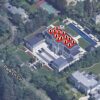 play_arrow
play_arrow
Not Like Us Kendrick Lamar
-
-
Top popular

VARSITY CUP TICKET RESELLERS AND BUYERS – MAY BE DENIED ACCESS
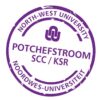
UNANSWERED AND UNSPOKEN: NWU’S SILENCE ON SUSPENSION OF SCC STUDENT LEADER

NWU EXPELS STUDENT LEADER AFTER INTERNAL FINDING OF SEXUAL MISCONDUCT

MARCHING FOR JUSTICE AND POLICE ACCOUNTABILITY: THE TRUTH BEHIND THE TMM LOFTS PROTEST

DEGENAAR PRAAT OOR DIE NA-SKOK VAN ‘N TRAGEDIE
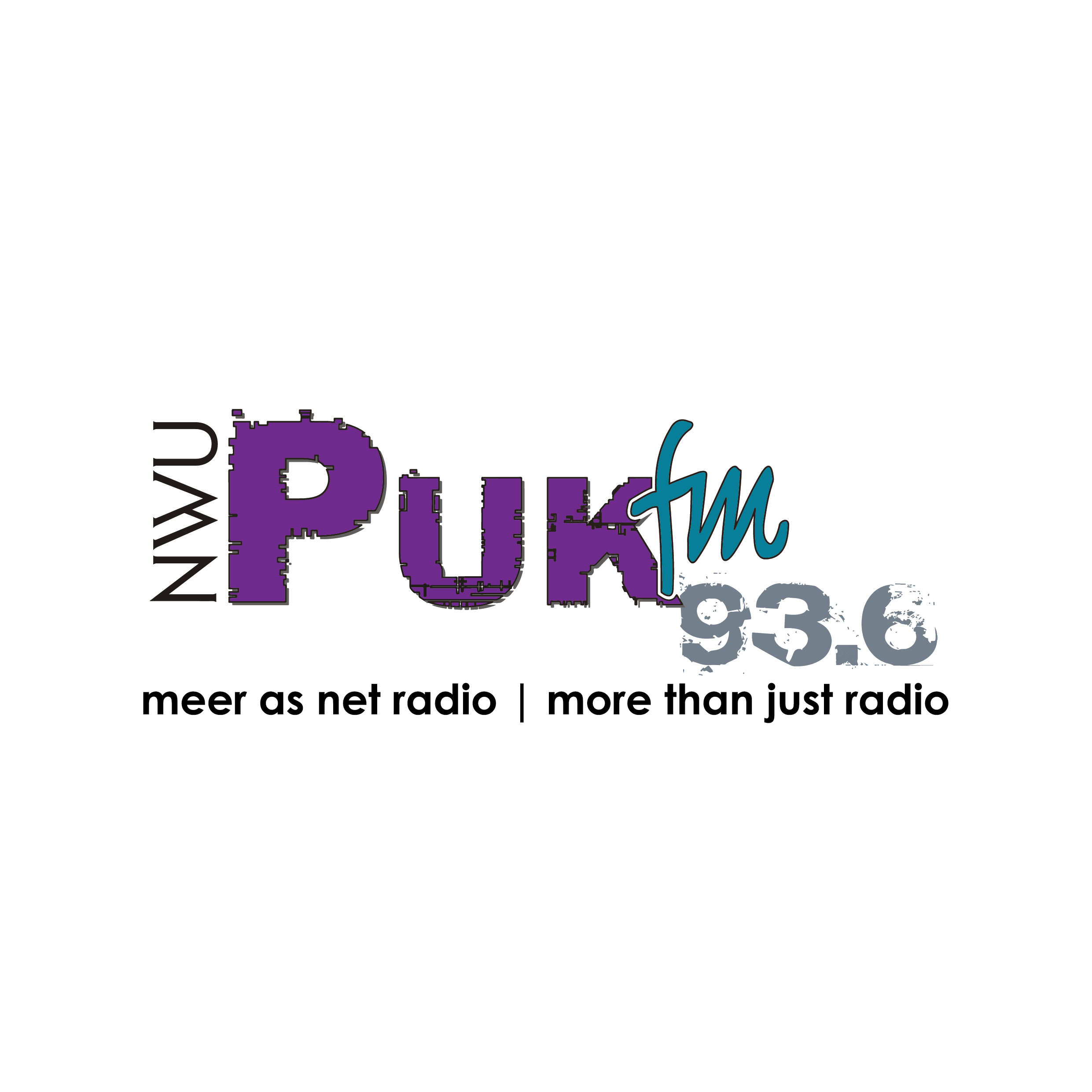
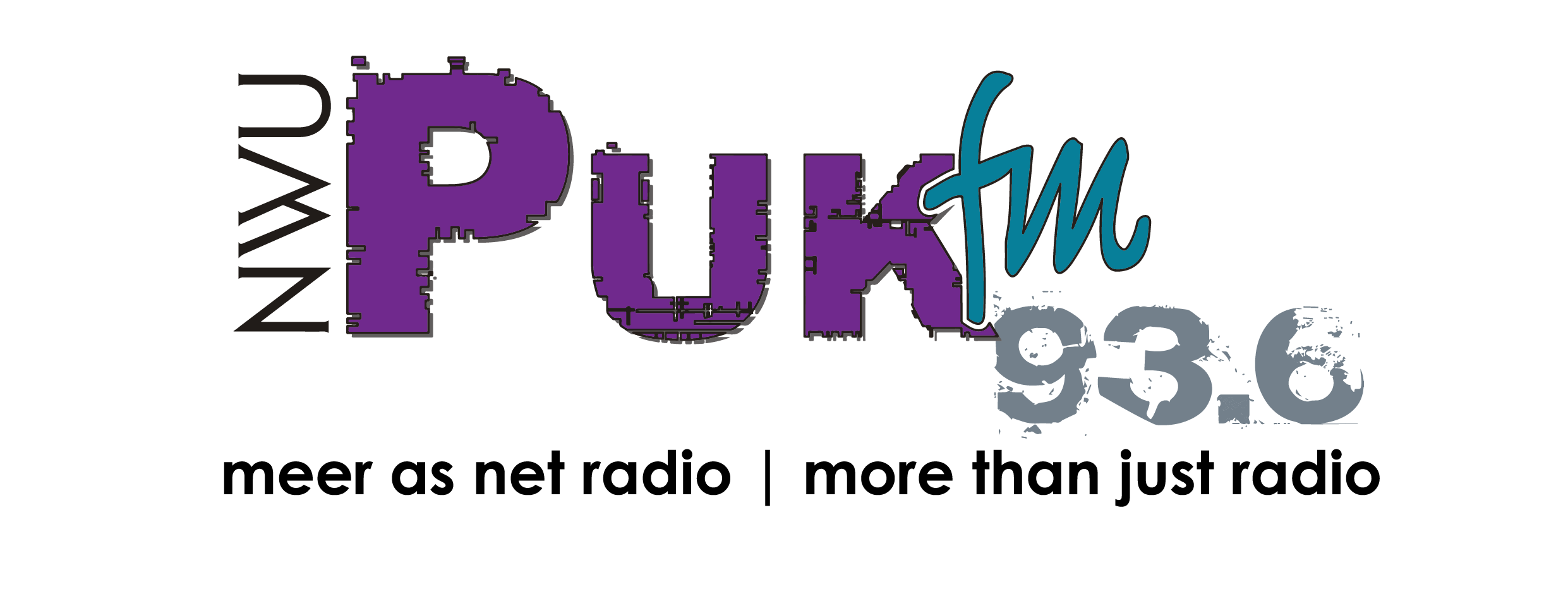
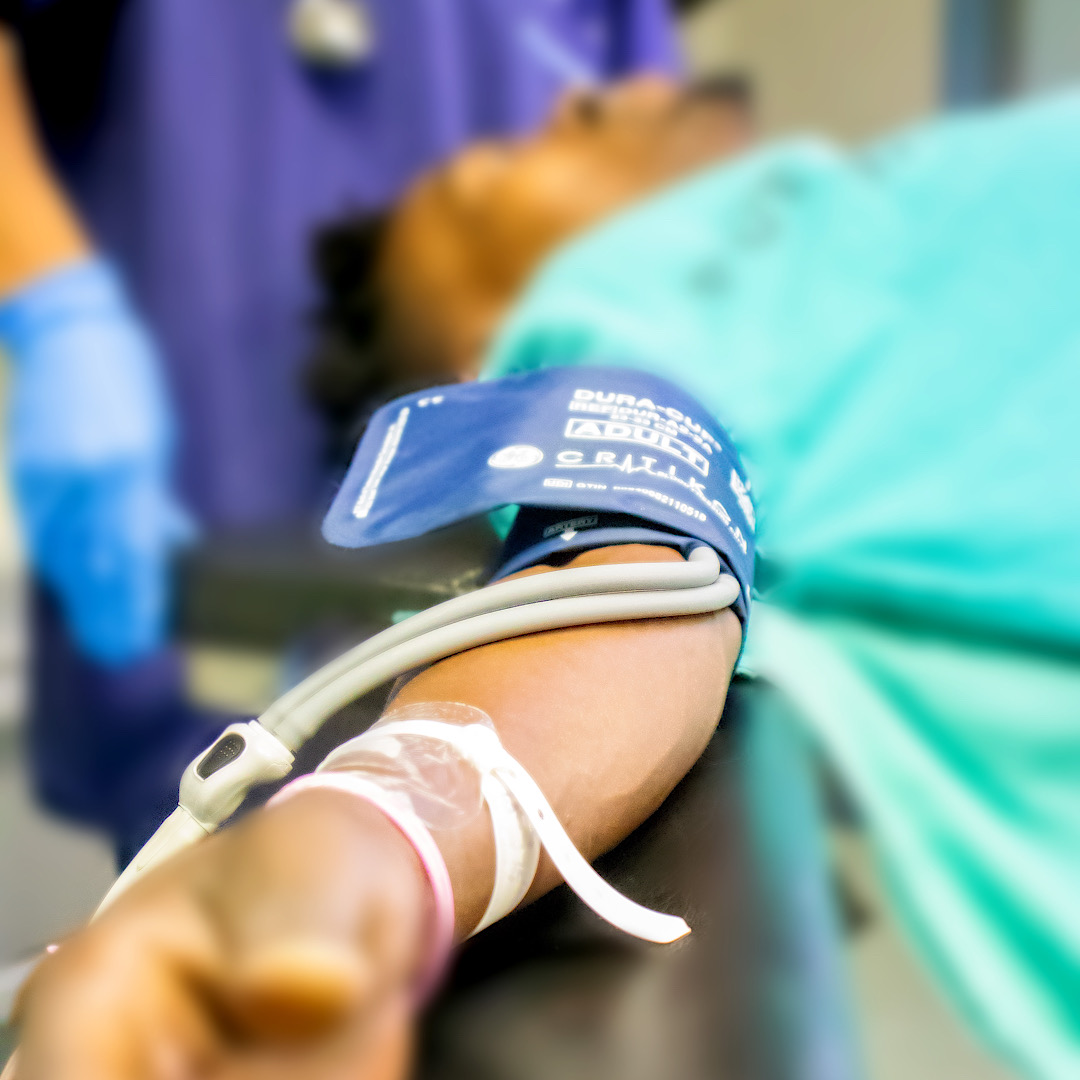

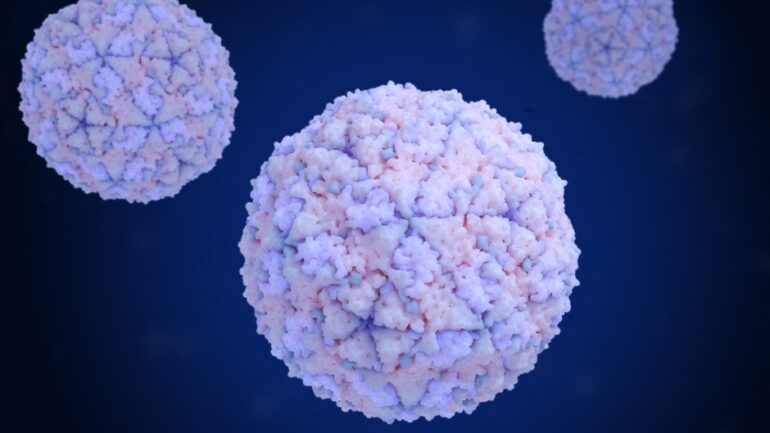

Post comments (0)